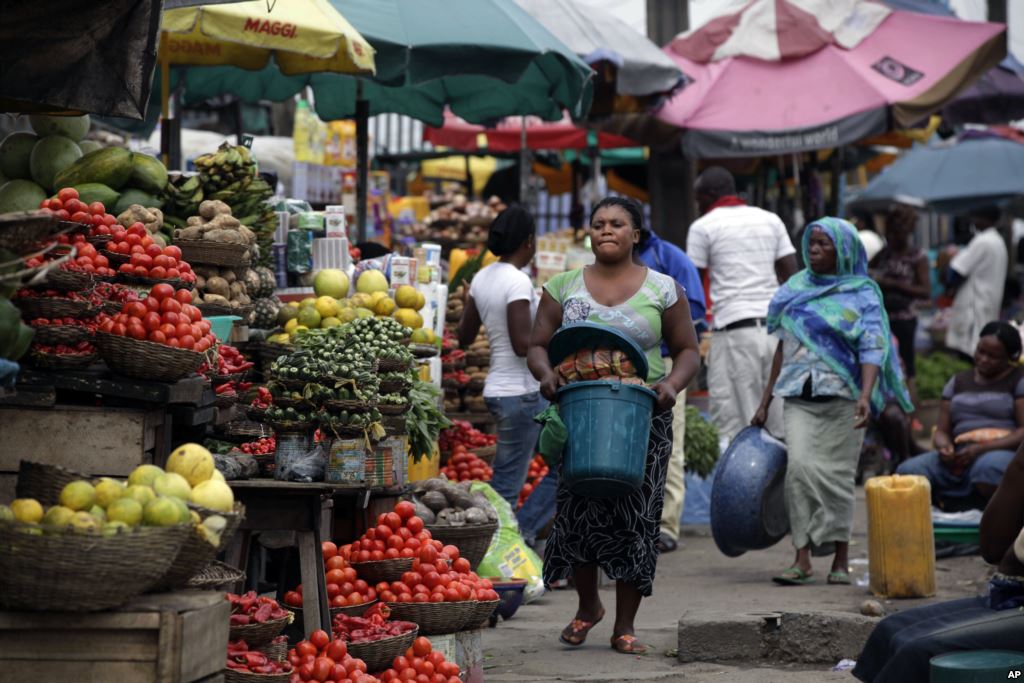With at least $300 billion or as much as $900billion-worth of dead capital in residential real estate, and agricultural land, financial ana- lysts have urged the Federal Government to partner with the pri- vate sector to unlock and harness such capital for wealth creation and eco- nomic growth.
Similarly, they identified the need to restructure fiscal plans, especially spending on non-essential projects, and also carefully manage the risk of debt trap that could result from increasing debt accumulation.
Specifically, the Lagos Chamber of Commerce and Industry (LCCI), and PricewaterhouseCoopers (PwC) also identified ways to revive the Nigerian economy amid the global Covid-19 pandemic crisis.
Speaking at a webinar organised by LCCI, themed, “Assessment of govern- ment’s economic interventions and the way forward,” the Chamber’s President, Mrs Toki Mabogunje, said the global economy continues to reel from the drastic impact of the pan- demic and the associated contain- ment measures.
he stressed that the impact was even more profound on developing economies such as Nigeria with a frag- ile health system, weak economic structures and limited policies to ade- quately respond to the crisis.
According to her, the business com- munity is still feeling the effect of the health crisis as existing business enter- prises are finding it increasingly diffi- cult to support margins, and to meet contractual obligations due to the rev- enue shocks that are precipitated by these disruptions.
“We must however acknowledge the various policy interventions by the fed- eral government and the Central Bank of Nigeria (CBN), in dealing with these shocks. Noteworthy on the fiscal side, is the Nigerian Economic Sustainability Plan (NESP), aimed at stimulating the economy by preventing business col- lapse, supporting livelihoods and ensuring liquidity,” she said.
According to her, the plan contains a stimulus package that is worth N2.3 trillion equivalents to about two per cent of the nation’s Gross Domestic Product (GDP) expected for 12 months, adding that on the monetary front, the CBN undertook different policy actions including the creation of a N50 billion credit facility to support businesses and SMEs.
Also speaking, Partner, West Africa Financial Services Leader and Chief Economist, PwC, Dr. Andrew Nevin, said it was very difficult to improve the business environment when there are so many complexities in Ministry, Departments and Agencies’ (MDAs) overlapping jurisdictions, continuous search for revenue from each sector of the economy.
READ ALSO: Villagers Abducted, Residents Flee Homes As Niger Communities Under Siege
He said the N2.3 trillion stimulus package by the Federal Government is far too small for the impact on the economy when compared to countries that have more flexibility in their spending.
He also urged the government to establish a framework that ensures transparency and accountability across MDAs.
“The only way forward is private sector investment, which means we need an attractive environment for private sec- tor investments, which we have not gotten yet. We also believe that we need to unlock the dead capital in Nigeria. There are many assets that are under- performing such as the refineries, Ajaokuta Steel that are unproductive,” he said.




